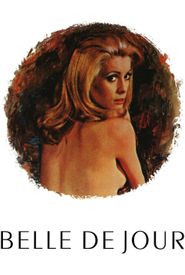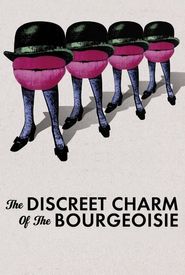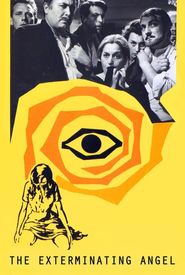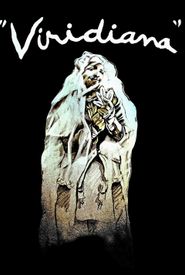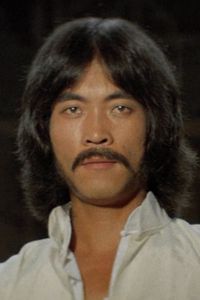Luis Buñuel Portolés was a Spanish filmmaker whose remarkable career spanned decades, and his work continues to be widely regarded as some of the most influential and greatest of all time. Born on February 22, 1900, Buñuel's filmmaking style was characterized by its avant-garde surrealism, infused with political commentary and social satire.
Throughout his career, Buñuel was associated with the surrealist movement of the 1920s, and he collaborated with the renowned surrealist painter Salvador Dali on two iconic films, Un Chien Andalou (1929) and L'Age d'Or (1930),which are often credited with giving birth to cinematic surrealism.
After a stint in Mexico from 1947 to 1960, where he honed his skills as a director by making grounded and human melodramas, Buñuel transitioned to creating artful, unconventional, surrealist, and political satirical films. His critically acclaimed films, such as Viridiana (1961),The Exterminating Angel (1962),and The Discreet Charm of the Bourgeoise (1972),earned him numerous accolades, including the Palme d'Or at the 1961 Cannes Film Festival and the Academy Award for Best International Feature Film.
Buñuel's impressive awards and nominations include five Cannes Film Festival prizes, two Berlin International Film Festival prizes, a BAFTA Award, and nominations for two Academy Awards. He was also honored with numerous prizes, including the National Prize for Arts and Sciences for Fine Arts in 1977, the Moscow International Film Festival Contribution to Cinema Prize in 1979, and the Career Golden Lion in 1982. Notably, he was even nominated for the Nobel Prize in Literature in 1968.
Seven of Buñuel's films have been included in Sight & Sound's 2012 critics' poll of the top 250 films of all time, cementing his legacy as a master filmmaker whose work continues to inspire and influence generations of filmmakers and film enthusiasts alike.

